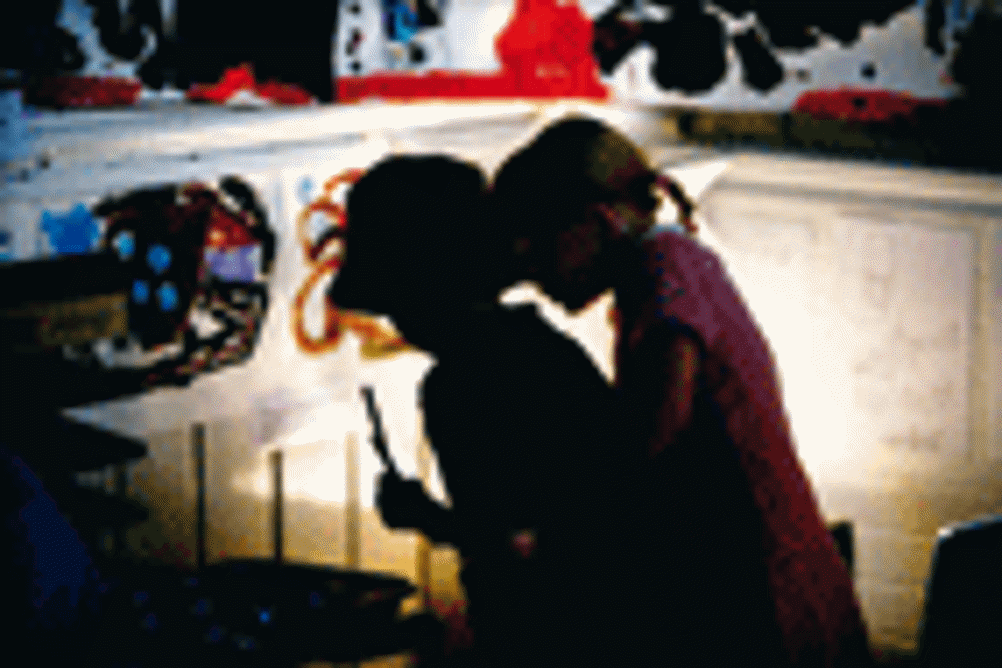
The early years approach adopted by pre-schools in Reggio Emilia, northern Italy, is held in high regard throughout the world. Their educators' commitment to clear values and principles and a willingness to share with and learn from others have led professionals in the early years field internationally to reflect on their own practice and take inspiration from the Reggio Approach.
In 1999, Sightlines Initiative organised the first large-scale UK study tour to the city of Reggio Emilia. Those fortunate enough to have attended the study tour shared a remarkable experience as they learned about the infant-toddler centres and pre-schools.
In 2000, the 'Hundred Languages of Children' exhibition, illustrating the research-based work of the children and educators of Reggio Emilia, toured major cities in the UK and was visited by thousands of early years professionals. Both of these events, the ensuing study tours and the return of the exhibition in 2004 have greatly influenced the development of early years policy and practice in the UK.
Register now to continue reading
Thank you for visiting Nursery World and making use of our archive of more than 35,000 expert features, subject guides, case studies and policy updates. Why not register today and enjoy the following great benefits:
What's included
-
Free access to 4 subscriber-only articles per month
-
Unlimited access to news and opinion
-
Email newsletter providing activity ideas, best practice and breaking news
Already have an account? Sign in here









